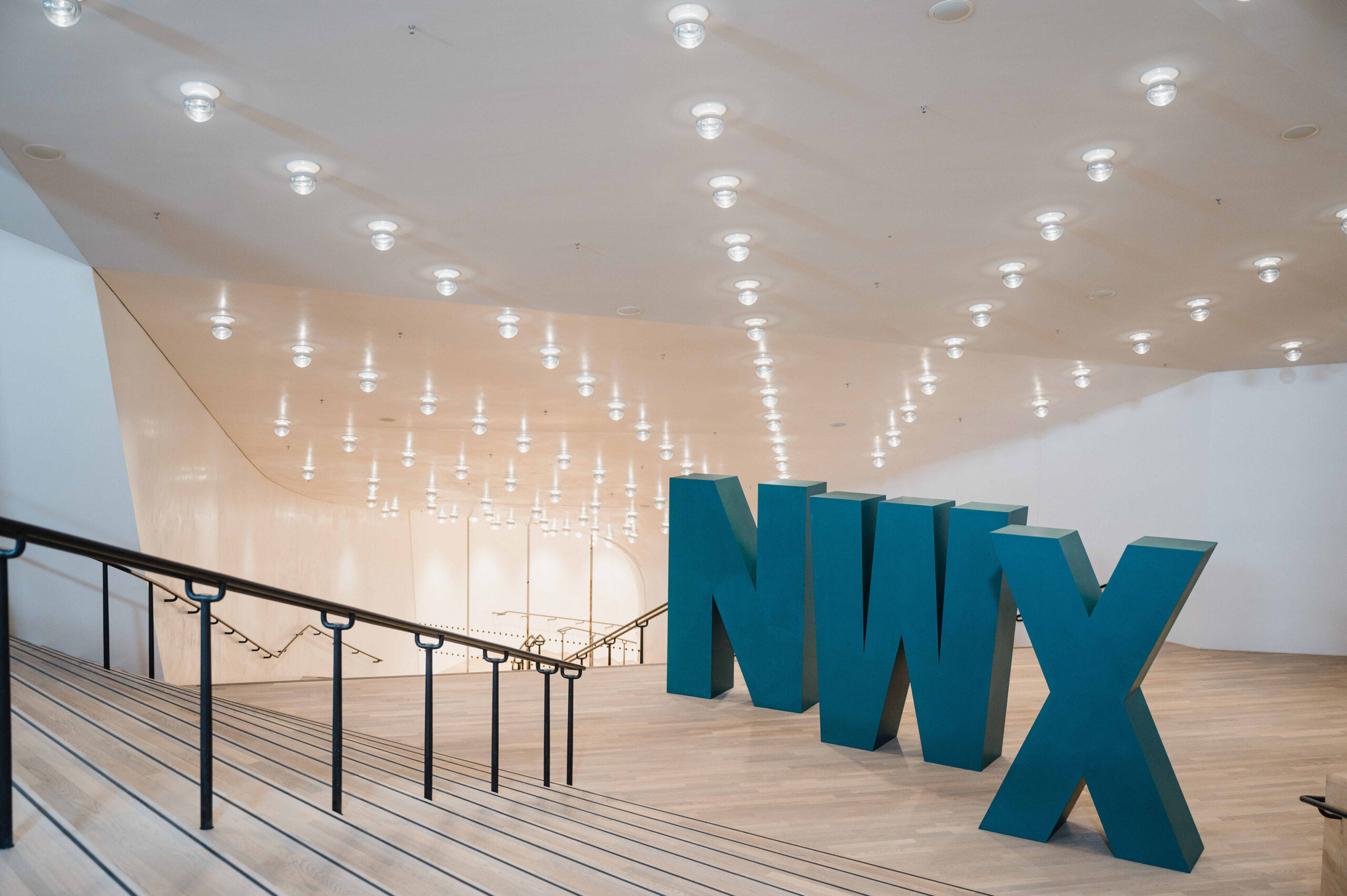Balancing a career and family is (very) important for around 85 per cent of respondents and for slightly more women (89 per cent) than men (81 per cent). "The big challenge for millennials on the labour market is that many have to advance their careers even though they often have small children at home who need care," said Julian Stahl, Xing labour market expert. One in five (20 per cent) of those surveyed in Generation Y feel that they receive little or no support from their employer. Only Generation X expressed even more discontent with their employer (25 per cent).
A good work-life balance consists of enough time for family and friends and flexible work hours for most of Generation Y (1981-1996), according to the Xing "Millennials Report 2024". More than half of those in their late 20s to early 40s (54 per cent) are (very) satisfied while more than one in seven (15 per cent) are "somewhat" to "very dissatisfied" with their current workload. Around 71 per cent of interviewees cited an unbalanced relationship between work and leisure. Around 1,000 employees aged between 18 and 65 across Germany were surveyed by Appinio market research on behalf of the Xing career network in March 2024. Respondents were also asked how important the work-life balance is for Generation Y and about the differences between the generations.
Generation Y - wedged between children and career

Discontent with employer support
"Millennials find themselves wedged between generations with a high work ethic, and which coined the term 'burnout'. That generation is aware of its powerful position on the labour market and stands up confidently for new work ideas," said Stahl. Unlike other generations (GenZ: 19 per cent, baby boomers: 23 per cent), almost a third (27 per cent) want more employer support for a better work-life balance. However, women in particular (21 per cent) have criticized their employer for not encouraging their efforts to balance work and leisure time and for overburdening them (14 per cent)

Millennials feel eclipsed by Generation X
GenY said their own interests are more important than those of the company and their colleagues with every second employee surveyed (50 per cent) answering "yes". Women, in particular (52 per cent), tended to be more self-confident than men (48 per cent). And this self-confidence is justified, Stahl said, adding: "GenY is increasingly taking management positions in the economy. On the one hand, they need to make professional activities attractive to Generation Z, and on the other hand, they have to meet the baby boomers’ demands. Thus, they make a significant contribution to a company’s success." Yet, more than a third of respondents felt (34 per cent) eclipsed by younger colleagues. However, millennials and Generation Z view older employees similarly. Around half of GenY and GenZ respondents (48 per cent) believe that older colleagues are too quick to settle their demands, do not demand enough personal benefits (46 per cent) or do not stand up enough for their demands towards their employer (43 per cent). Generation Y has a special role to play here, Stahl said. They can foster talent, lead on an equal footing and act as a point of contact for professional and emotional issues.
mm/sb/pb
Sources and further information
More
Similar articles

Xing reviews job year 2023 and prospects for New Year

Willingness to change jobs remains high, Onlyfy by Xing survey finds

NWX 2023: "AI will change all aspects of our lives"
